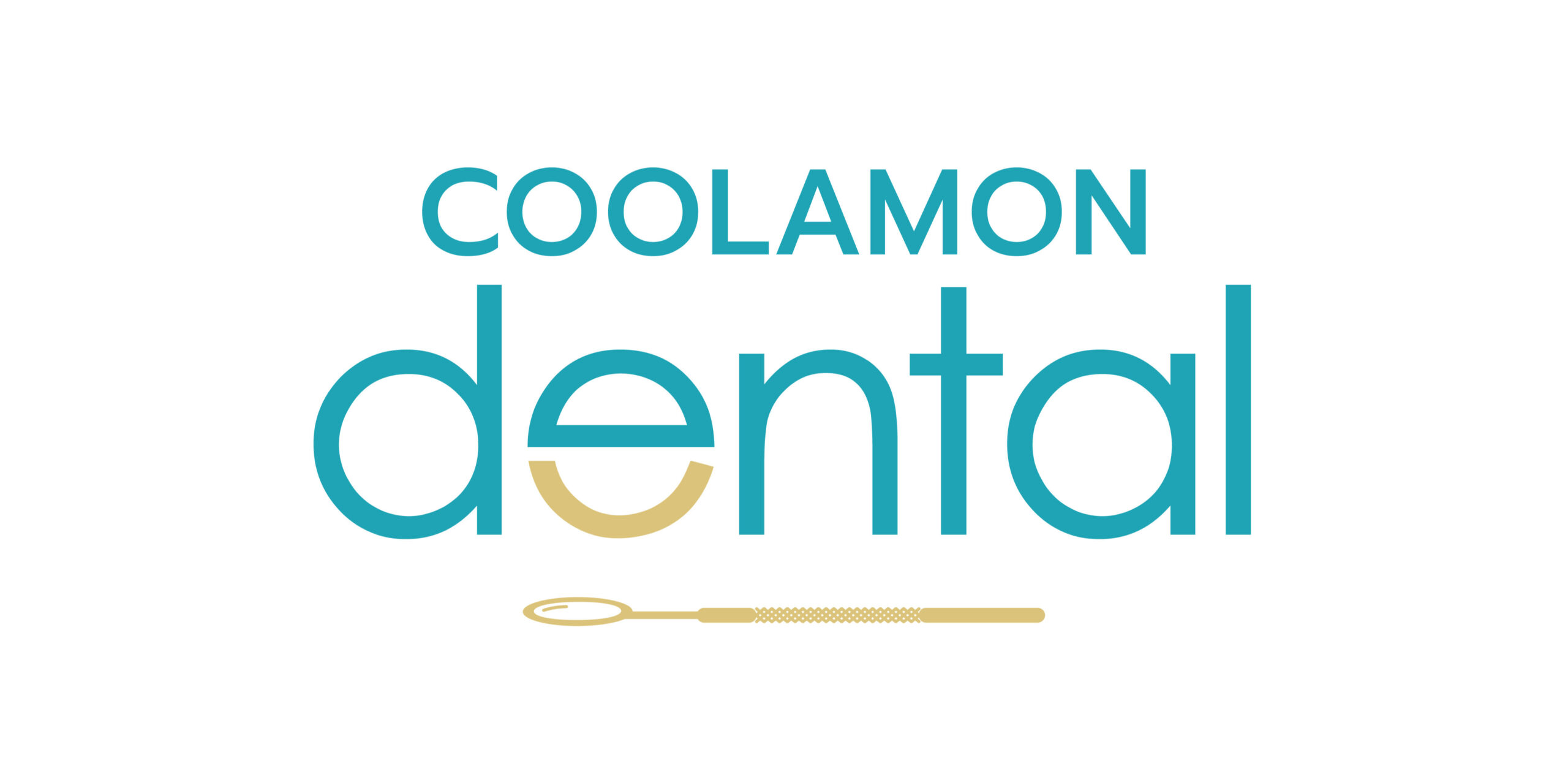Yes, you can go to the hospital for a dental emergency. Hospitals can provide immediate relief for severe dental emergencies, such as intense pain or heavy bleeding. However, they may not offer specialised dental care, and it’s crucial to see a dentist as soon as possible for a thorough examination and treatment.
When Should I Go to the Hospital
You should go to the hospital for a dental emergency or to a clinic with an emergency dentist if you’re experiencing severe bleeding, unbearable pain, or have an abscess in the mouth. These situations require immediate attention, and hospitals can provide necessary pain relief and stabilise your condition until you can see a dentist.
When Should I Go See the Dentist
There are other dental emergencies that are not considered life-threatening, but that still may require immediate care.
If you crack or break a tooth (such as while eating something crunchy) or you get a tooth knocked out, unless it’s causing a lot of bleeding or happened as a result of a violent injury (like being punched in the face), you can probably wait for the dentist to handle these.
What helps unbearable tooth pain?
1. Oral pain medication
Taking over-the-counter (OTC) pain medications such as acetaminophen (Tylenol) or ibuprofen (Advil) is a quick, simple way for many people to effectively reduce mild-to-moderate toothaches.
Always stay within the recommended dosage on the packaging.
If the toothache is severe, it is best to see a dentist and speak to them about stronger pain relievers.
2. Cold compress
Using a cold compress may help ease the pain of a toothache.
Applying a bag of ice wrapped in a towel to the affected side of the face or jaw helps constrict the blood vessels in the area, which can reduce pain to allow a person to fall asleep.
Applying a cold compress to the area for 15–20 minutes every few hours in the evening may also help prevent pain when going to bed.
3. Elevation
Pooling blood in the head may cause additional pain and inflammation. For some people, elevating the head with an extra pillow or two may relieve the pain enough for them to fall asleep.
4. Medicated ointments
Some medicated ointments may also help reduce toothache pain. OTC numbing gels and ointments that contain ingredients such as benzocaine may numb the area.
However, benzocaine is not suitable for use by young children.
5. Salt water rinse
A simple salt water rinse is a common home remedy for a toothache.
Salt water is a natural antibacterial agent, so it may reduce inflammation. This, in turn, helps protect damaged teeth from infection.
Rinsing with salt water may also help remove any food particles or debris stuck in the teeth or gums.
6. Hydrogen peroxide rinse
Periodontitis is a serious gum infection that generally occurs as a result of poor oral hygiene. It can cause issues such as soreness, bleeding gums, and teeth that come loose in their sockets.
The author of a 2016 study found that rinsing with hydrogen peroxide mouthwash helped reduce plaque and symptoms of periodontitis.
People should always dilute food-grade hydrogen peroxide with equal parts water. Swish the solution in the mouth, but do not swallow it.
This remedy is not suitable for children, as there is a risk they may accidentally swallow the mixture.
7. Peppermint tea
Swishing peppermint tea or sucking on peppermint tea bags may also help temporarily relieve pain from a toothache.
Researchers note that peppermint contains antibacterial and antioxidant compounds. Menthol, an active ingredient in peppermint, may also have a mild numbing effect on sensitive areas.
8. Clove
Eugenol, which is one of the main compounds in cloves, can reduce tooth pain. The results of a 2015 clinical trial indicated that people who applied eugenol to their gums and socket after having a tooth extracted had less pain and inflammation during healing.
Eugenol acts as an analgesic, which means that it numbs the area. To use clove for a toothache, soak ground cloves in water to make a paste. Then, apply the paste to the tooth, or put it in an empty tea bag and place it in the mouth.
Alternatively, gently chewing or sucking on a single clove and then allowing it to sit near the painful tooth may help relieve pain.
This is not a suitable remedy for children, as they may swallow too much clove. Single cloves can be spiky and painful if a person swallows them.
9. Garlic
Garlic is a common household ingredient that some people use to relieve toothache pain.
Allicin, which is the main compound in garlic, has a strong antibacterial effect that may help kill the bacteria in the mouth that lead to cavities and tooth pain.
Simply chewing a clove of garlic and allowing it to sit near the tooth may help relieve pain. That said, the taste of raw garlic can be too strong for some people, so this may not be the right solution for everyone.
Contact dentist Ellenbrook for expert advice on dental emergencies. Avoid unnecessary hospital visits and get immediate, specialised care for your dental emergency. Schedule an appointment now.
Related Articles
